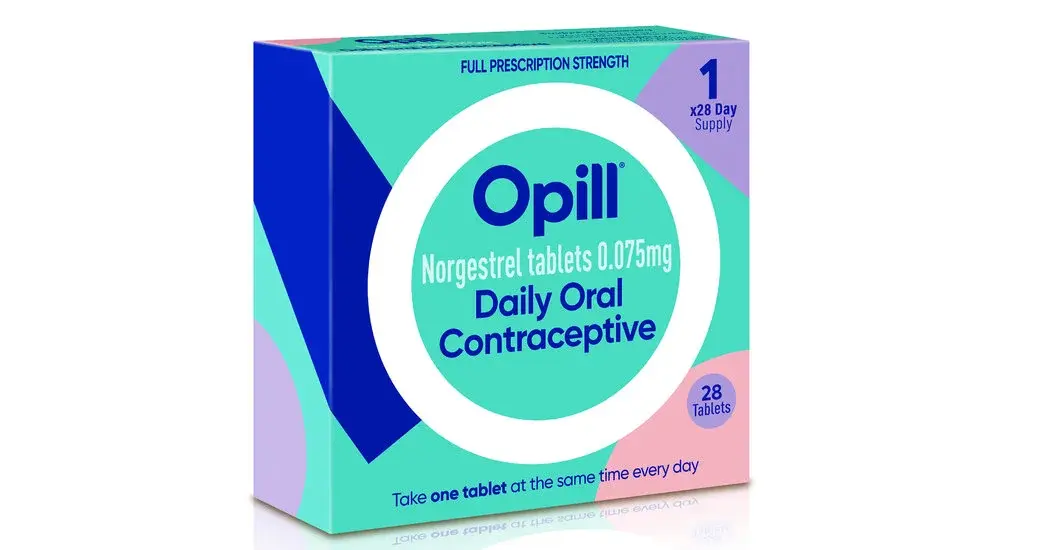- cross-posted to:
- health@lemmy.world
- cross-posted to:
- health@lemmy.world
cross-posted from: https://mander.xyz/post/1133527
Paywall-free link: http://archive.today/oPjro
I think this is a good step given the climate on women’s reproductive health currently. I am apprehensive that it will be treated as a “lazy” contraceptive instead of getting combo OCPs and follow up with a physician. This type of drug is extremely narrow in dosing, in that you can get pregnant if you miss your dose by an hour or two. It also opens up the opportunity for a woman to taken it without needing a doctor, which is good for those who don’t have east access to a family doc or OB. However, given the stats in the article(that most women prefer OTC due to convenience), I think it further enables people to avoid developing a relationship with a physician for primary and preventative care. I worry we might see some accidental pregnancies and maybe some negative health outcomes secondary to people not seeing a doctor every so often for their birth control.
Sounds potentially dangerous. Though in the current US climate maybe less dangerous than asking a doctor for prescription.
The type of pill that was approved is the progestin-only “mini pill” which has a much safer clinical profile than the more common-in-the-US combination pill that has both progestin and estrogen. This type of pill is already available OTC in over 100 other countries. The US is just really behind the curve on just about anything to do with reproductive rights and care.
Dangerous in what way? According to the article:
The panel cited the long history of safety and efficacy of Opill, which was approved for prescription use 50 years ago. The over-the-counter pill will be identical to the prescription version, which is 93 percent effective at preventing pregnancy with typical use.
Dangerous in the way that it’s a hormonal treatment.
Melatonin is an oral hormone too, doesnt really mean its unsafe inherently, i think maybe its best to listen to the expert panel for now
Obviously. Though I’m not particularly fond of US “experts”. If some respectable EU authority says it’s (mostly) safe, I’m gonna believe it’s (mostly) safe.
Here you go, approval in the UK from 2021.
This shit is already over the counter in much of Europe.
Did you do any research whatsoever about this before making such a confident statement about the “danger”? Or are you just going based on your feelings?
Hundreds of other countries in the world sell these over the counter. That means millions of users across dozens of years across the globe. As long as you follow the directions on the packet, like any other medication you can buy OTC, it is safe. Validated by millions of people.
Not even just the doctors, I keep hearing tales of pharmacists at specifically Walgreens just refusing to fill prescriptions.
Hence why next time I talk with my doctor I’m switching to somewhere else.
If only we had an agency full of thousands of career experts in reproductive medicine and beaurocrats who are empowered to regulate medicines, and do extensive testing and review before allowing them to be sold to the public.
Oh well…
Adding the actual FDA link since it’s not behind a paywall. Looks like they’ve looked at data going all the way back to 1973 to assess the efficacy and safety of the dosage. That will be an important bit of knowledge when the inevitable lawsuit comes out “because the FDA didn’t do their due diligence.”
Finally, some good, fucking, news.





